SHEPHERDS OF THE EARTH
This is a story about us – Homo Sapiens. Where do we come from and where are we heading to? The story of the film takes place in Turkana, Kenya. This unique place is also known as the Cradle of Humankind where the discoveries of prehistorical human origins are made. The area is nowadays inhabited by the indigenous pastoral tribe called Daasanach. Our main character Álvaro Fernández-Llamazares, Spanish ethno ecologist arrive to Turkana to study the relationship between humans and nature. He becomes friends with a tribe member Job Nasak, who guides him into the daily life of the village. Alvaro gets impressed by traditional fables and animal stories of the tribe and he is asked to collect them for the first ever Daasanach language story book. The stories paint a picture of vivid nature and a rich wildlife. But while exploring the natural park Alvaro discovers dry and bare landscape with hardly any animals left. So starts a fascinating story from the Cradle of Humankind, a story of the nomadic people’s struggle to survive, of poaching, nature reserve rangers, tribal wars over scarce resources and prehistoric fossils. The two worlds of biologists and the tribe members collide revealing the values of wildlife and nature for both.
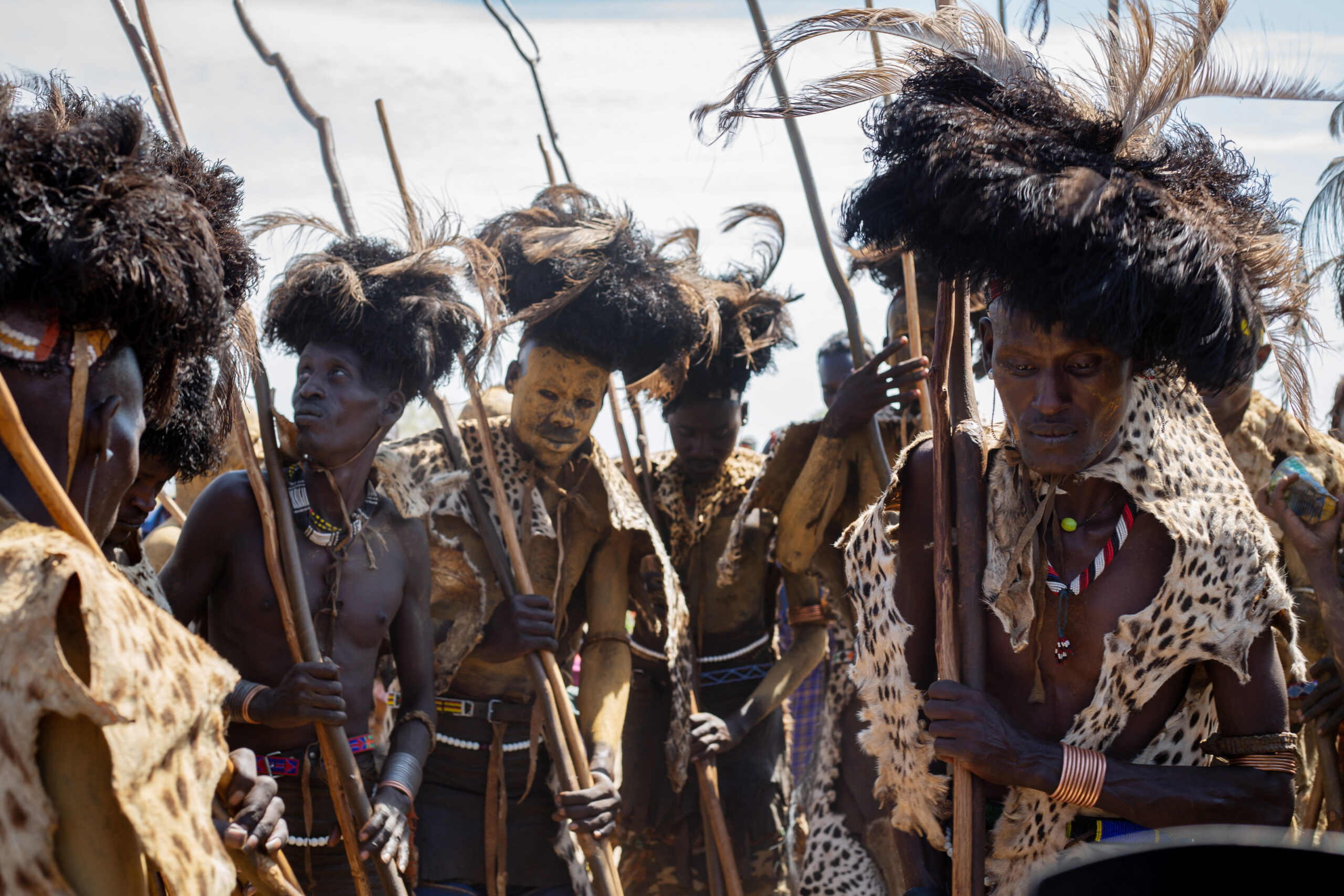
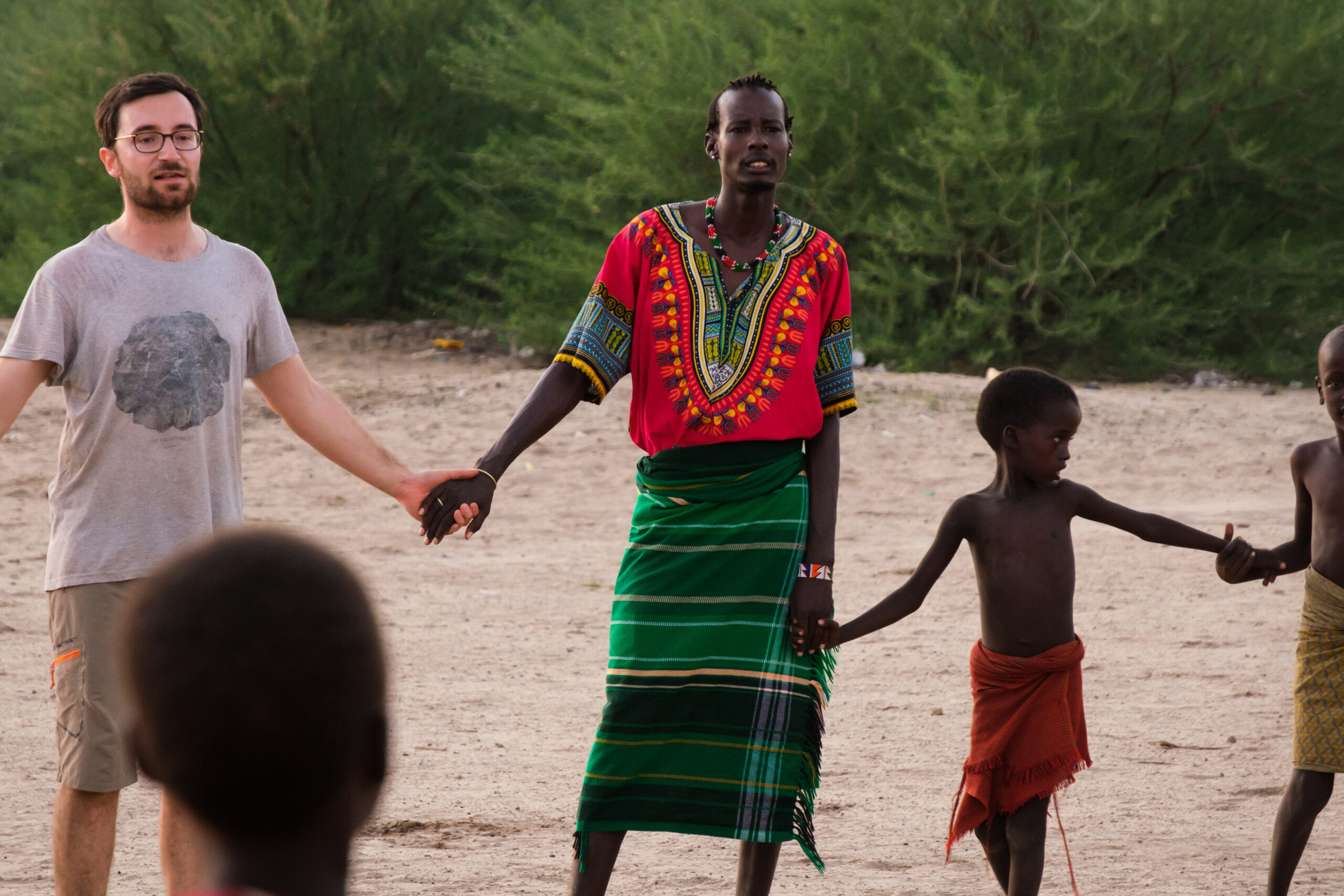
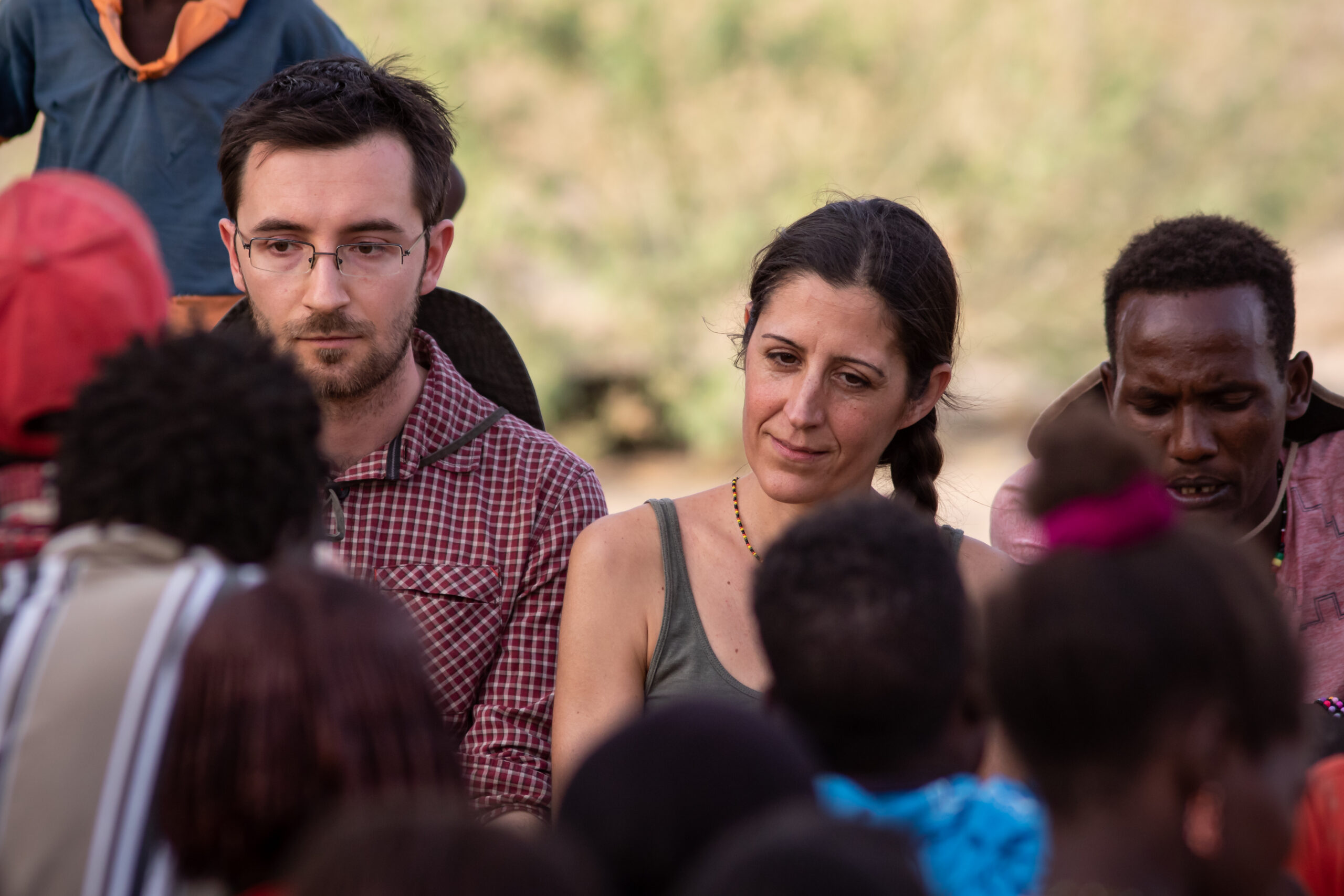
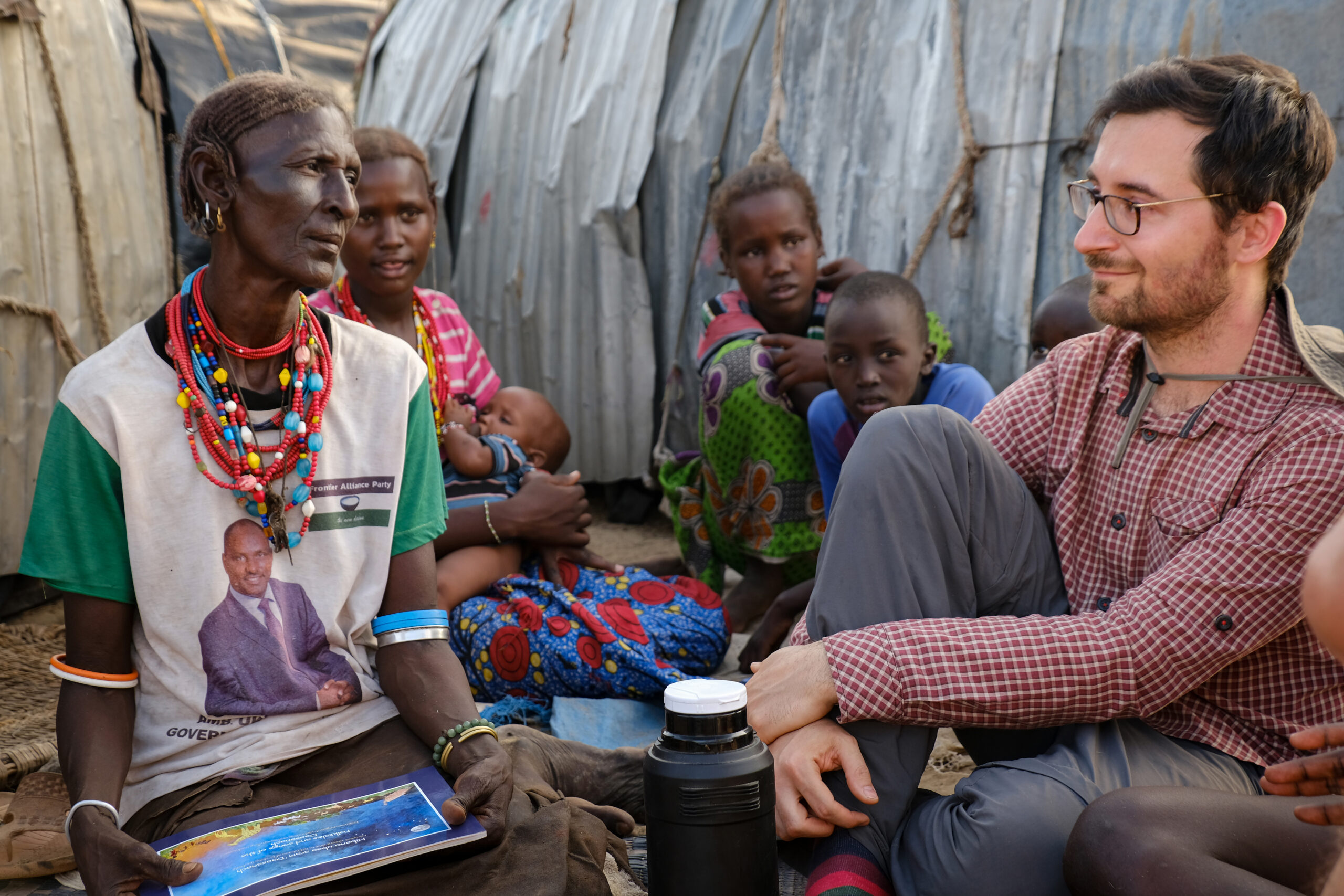
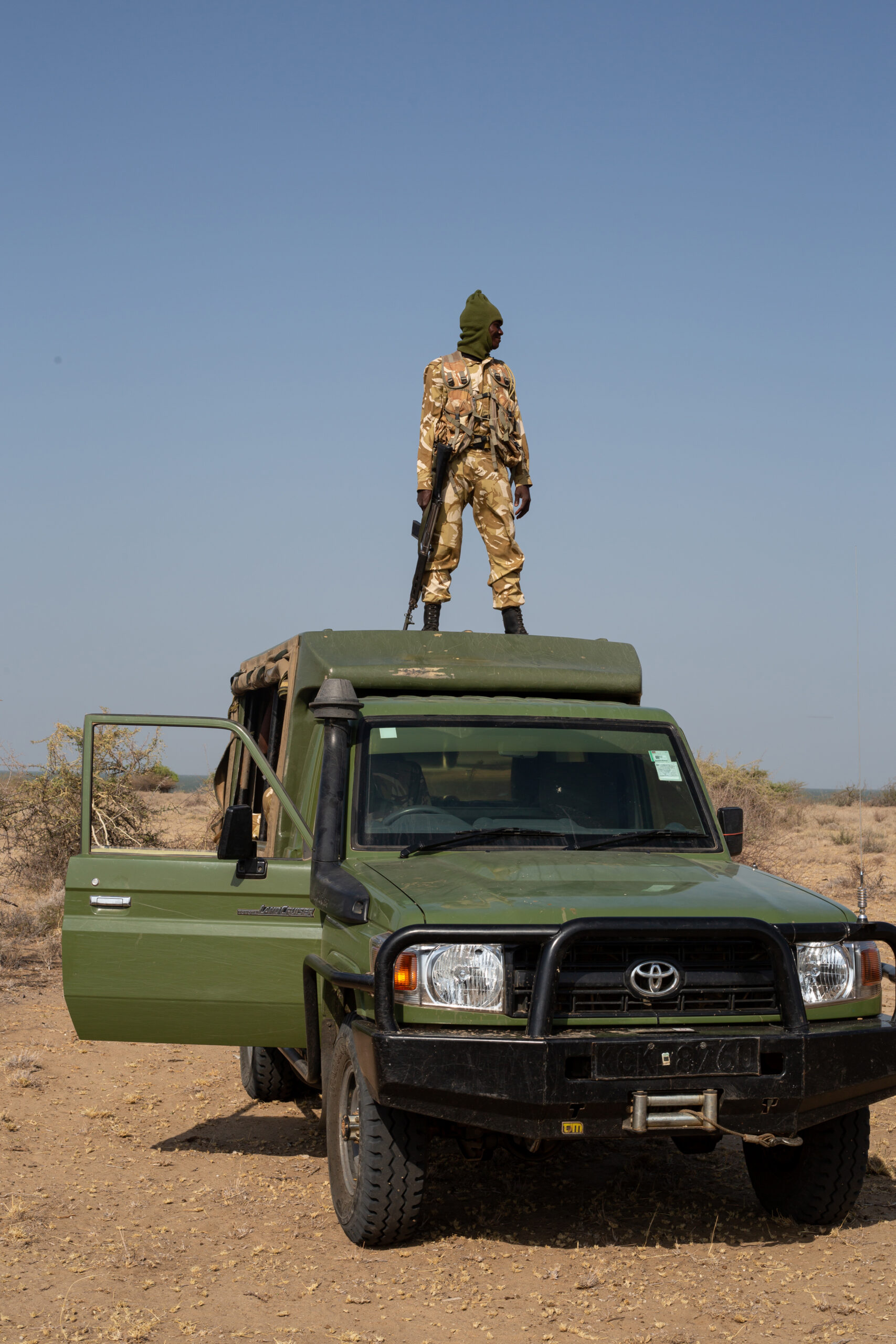
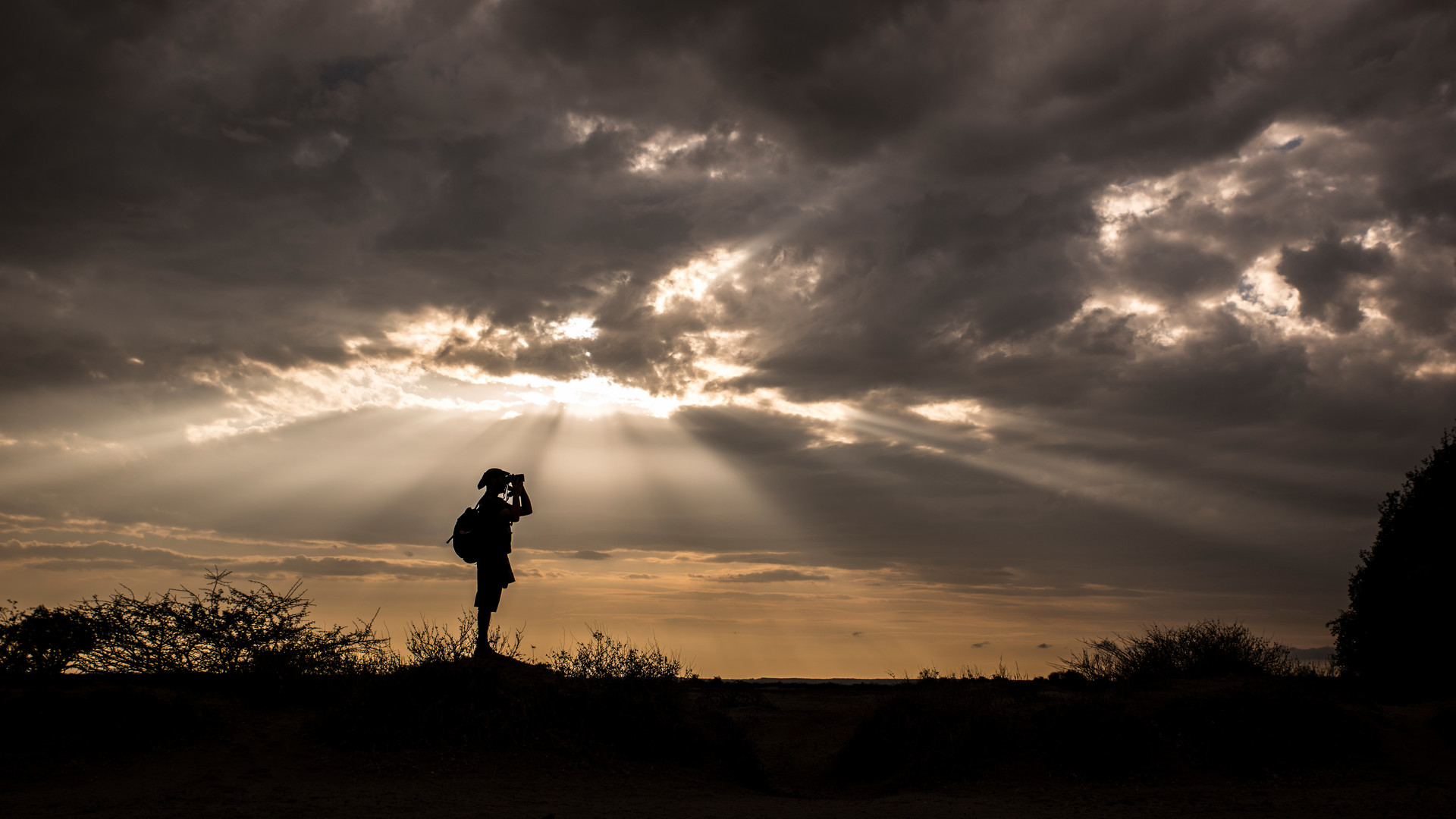
Credits and Cast
Producer(s): Visa Koiso-Kanttila
Director: Iiris Härmä
Director of Photography: Visa Koiso-Kanttila
Music by: Per Störby Jutbring
Edit: Matti Näränen
Cast: Mar Cabeza, Álvaro Fernández-Llamazares, Job Guol Nasak
Director: Iiris Härmä
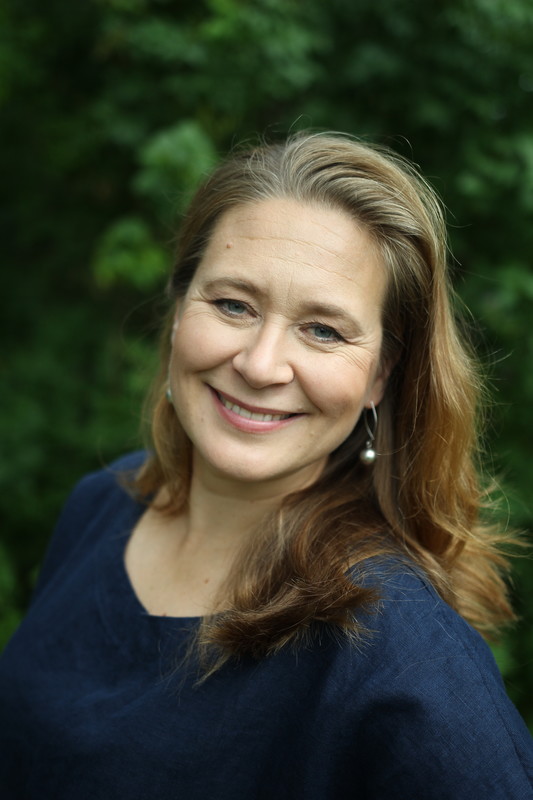
Iiris Härmä is a documentary film director renowned for her artistically high-quality films that depict characters in a gentle and humanistic way. She has produced and directed several award-winning short and feature-length documentaries that have acclaimed international reputations at various film festivals around the world. She has a degree in cultural management and a degree in cultural studies (ethnology). Her previous work WHO MADE YOU? (2019) is a film about artificial intelligence and ethics. The film asks what the development of AI means for humanity, the community and how it will affect our perception of a human. The film was broadcasted by many international TV channels (NHK, SVT UR, YLE, etc.) and won several festival awards including the Best Documentary Film Award in Raindance (UK) and KI-Science Film Festival (Germany).